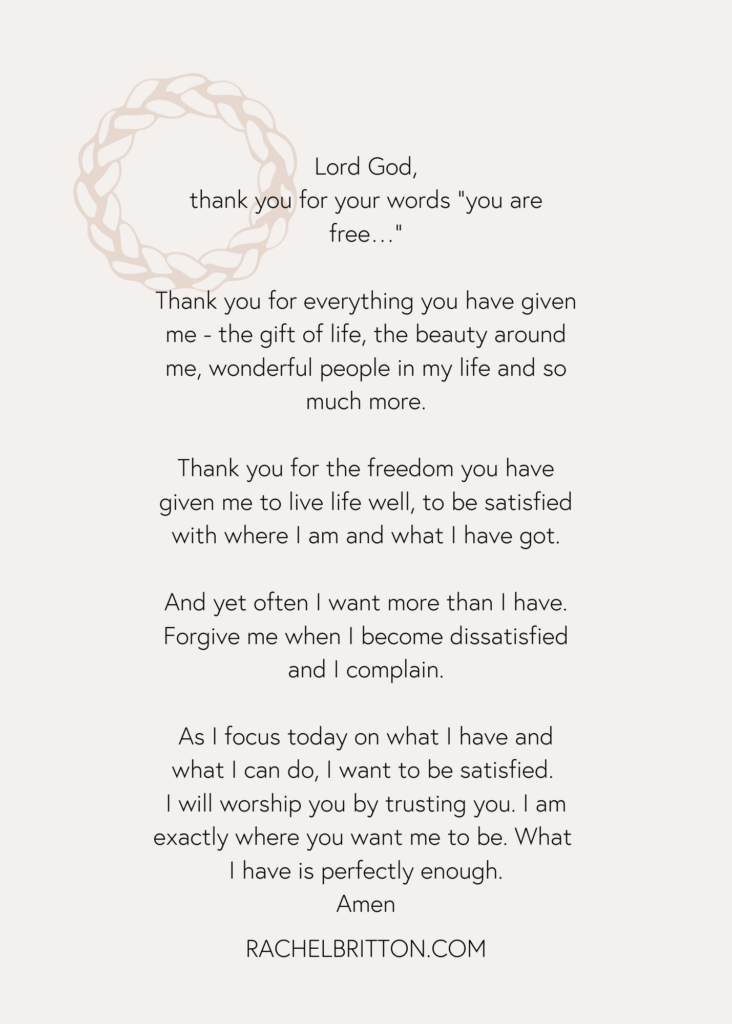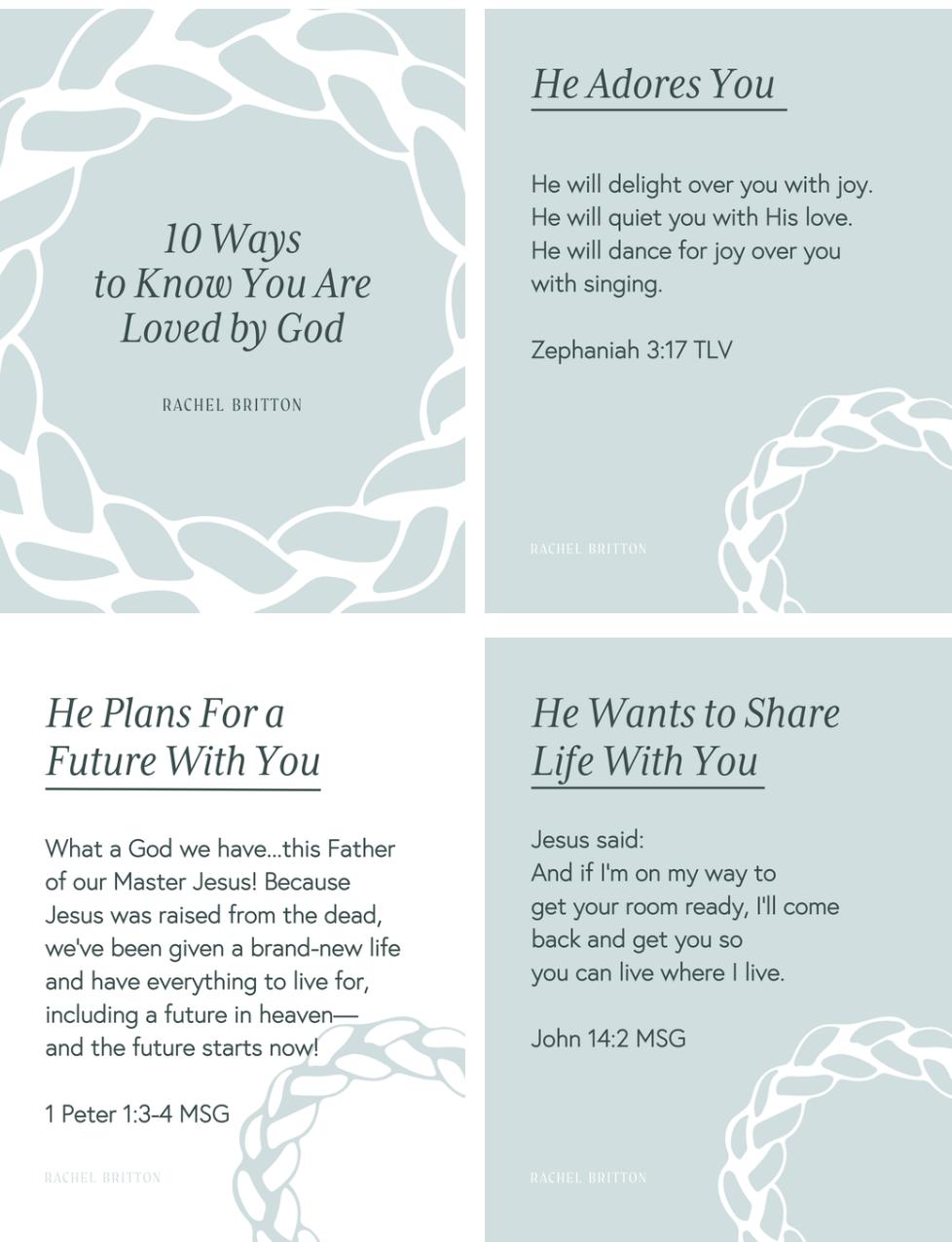Isn’t it amazing how toddlers always gravitate towards things they are told not to do or touch, even when they are free to do whatever else they like? I’m sure an expert in child development would explain why this is so. To us, it often seems like willfulness. To give young children the benefit of the doubt, it could also be how they learn.
At any age, it can be true that although we have the freedom to do many things, what we don’t have or shouldn’t have seems more attractive.
God said to Adam and Eve, “You are free…” But when temptation came, that freedom wasn’t enough.
Other translations say “you may surely eat…” And yet, the fruit of the one tree they should not eat from looked so much better than the others.
There was more to the temptation than just an attractive-looking fruit. Adam and Eve focused on what they couldn’t have and what they didn’t have—to be like God.
“You will not certainly die,” the serpent said to the woman. “For God knows that when you eat from it your eyes will be opened, and you will be like God, knowing good and evil.” When the woman saw that the fruit of the tree was good for food and pleasing to the eye, and also desirable for gaining wisdom, she took some and ate it (Genesis 3:4-6).
We might not want to be like God but we too can focus on the restrictions in our lives or on what we have not got rather than on what we have got.
Last week we learned that God said to Adam and Eve “I give you…” God gave them EVERYTHING he had just created. Only one tree was out of bounds in the midst of a huge new, exciting, and beautiful world. And yet the couple wanted that fruit. God had put them in charge of EVERYTHING he had created. And yet the couple wanted more, independently of God.
God’s words invite us to listen to what he is saying to us:
“I give you…”
“You are free…”
We have to divert our eyes from what we can’t do and don’t have. We have to feast our eyes on all that we have and all that we can do.
If only, Adam and Eve had diverted their eyes and minds and turned to God. The boundary God had placed around the tree, kept them safe and free.
What boundary are you seeing as one to break through rather than as one that keeps you safe and free?
That command “you are free…” gives us the freedom to worship God freely while respecting his boundaries.
Let’s worship God and be devoted to him. Let’s trust that we are exactly where we should be with the freedoms we have, and the restrictions we have. Let’s trust that what we have is perfectly enough.
“You are free…” is an opportunity to rightly place ourselves in God’s will for our lives and trust him.
It certainly takes away the pressure we so often place on ourselves to have more and be more.
Pray


